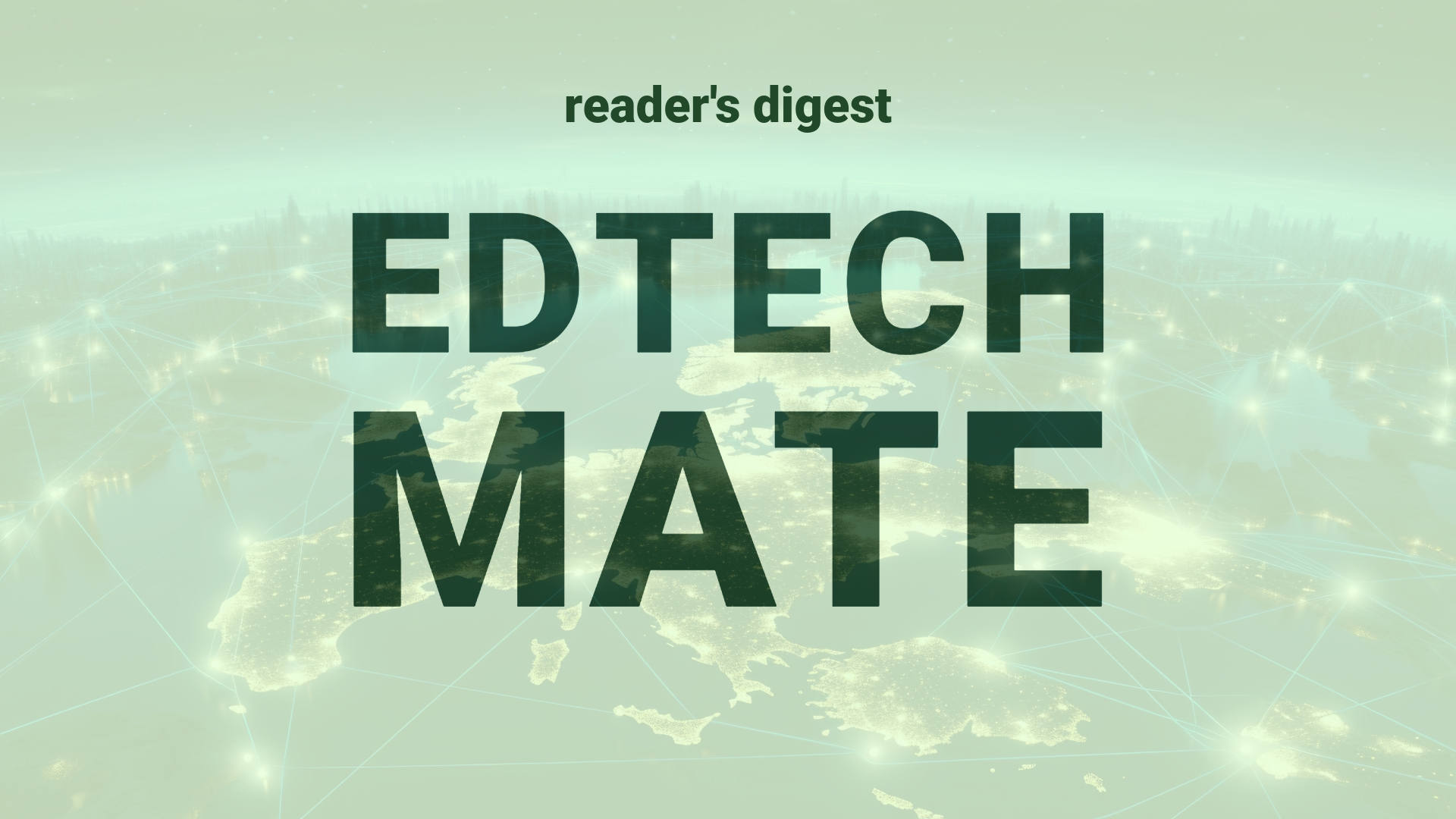Executive Summary and Main Points
In the realm of organizational management and culture transformation, notable trends such as inclusivity, engagement, and accommodation of diverse workforce needs are gaining traction. These trends particularly resonate in a contemporary hybrid and remote working environment, where a sense of belonging and value appreciation is increasingly significant. McKinsey’s research suggests that a lack of community, employee disengagement, and burnout are critical factors that negatively affect organizational productivity and performance. The article advocates for strategic actions to catalyze change, including showcasing best practices, enrolling employees as active change participants, overhauling entrenched norms, utilizing influencers as change agents, and personalizing the transformation experience to align with individual needs and organizational strategy.
Potential Impact in the Education Sector
The discussed innovations in organizational culture and engagement possess implications for Further Education, Higher Education, and Micro-credentials. Institutions should prioritize community building, tailor approaches to digitalization, and integrate inclusive practices to augment student and faculty engagement. As education leaders consider strategic partnerships, incorporating a culture transformation model with a focus on empowerment, personalization, and the strategic utilization of influencers could enhance institutional adaptability and resilience, thereby fostering an academic community capable of thriving in a digitally interconnected landscape.
Potential Applicability in the Education Sector
Educational technology and AI have the potential to serve as significant catalysts for digital transformation within global education systems. AI-powered platforms could personalize learning experiences, create new educational paradigms that complement traditional structures, and leverage data-driven insights to improve engagement and pedagogical outcomes. By embracing digital tools, higher education institutions could also enhance student services, scale micro-credentials delivery, and establish robust online communities that bridge geographical barriers.
Criticism and Potential Shortfalls
While advocating for culture transformation and enhanced engagement strategies, it’s vital to consider potential shortfalls. International case studies reveal that one-size-fits-all approaches often disregard cultural, ethical, and operational nuances between different institutions. Education leaders must recognize varying regional regulatory frameworks, digital divide issues, and cultural sensitivities. Any engagement strategy or organizational culture transformation must be contextually adapted, equitable, and inclusive to responsibly harness the benefits without exacerbating existing divides or introducing unintended negative consequences.
Actionable Recommendations
For international education leadership, the actionable recommendations include:
1. Establishing cross-border collaboration platforms to showcase digital best practices.
2. Implementing AI-based tools to foster a culture of continuous learning and adaptation.
3. Encouraging voluntary participation in university culture changes, treating faculty and students as key stakeholders.
4. Aligning personal development opportunities with strategic educational initiatives to foster a sense of value and belonging.
5. Conducting regular assessments to gauge culture transformation success and integrate feedback for ongoing development.
By strategically adopting these recommendations, education institutions can navigate the complexities of the digital era while fostering an engaging, inclusive, and innovative learning environment
Source article: https://www.mckinsey.com/capabilities/people-and-organizational-performance/our-insights/five-bold-moves-to-quickly-transform-your-organizations-culture

